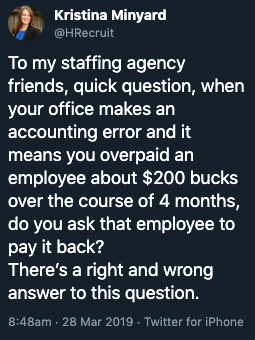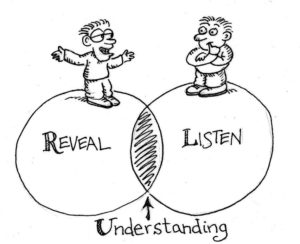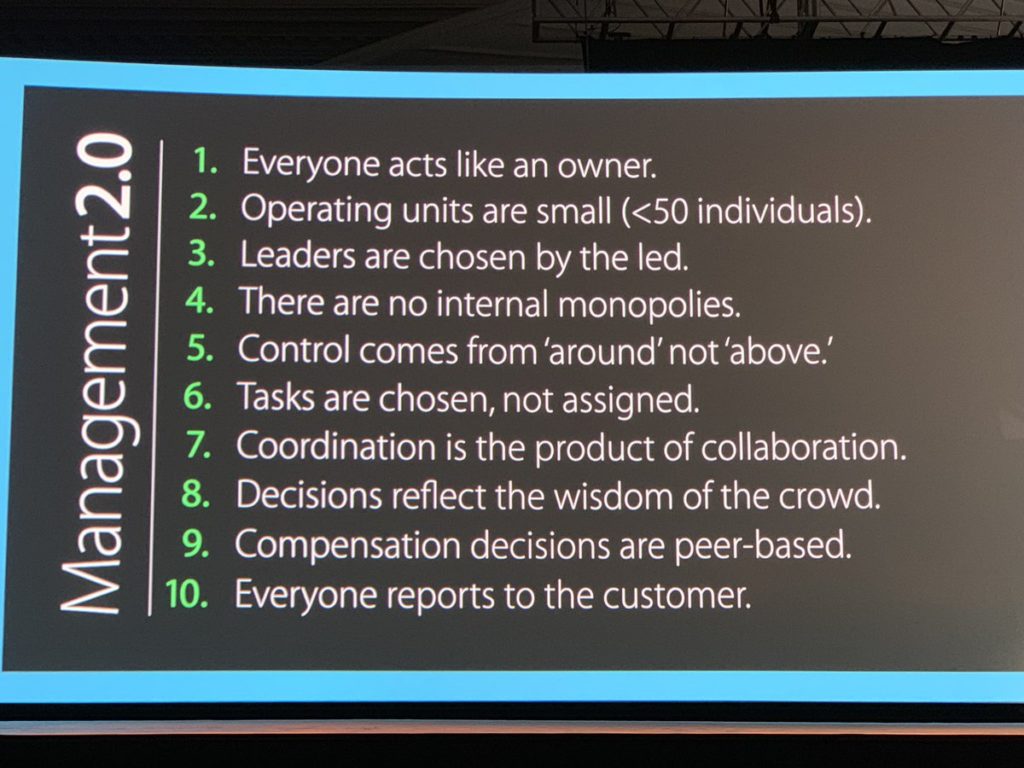At LinkedIn Talent Connect last year, LinkedIn talked about how they weren’t satisfied with just helping white-collar workers network and find jobs. They spoke specifically of things in the pipeline that would help SMB employers hire blue collar workers as well. I think we all wondered what that looked like since those who network on LinkedIn’s main platform are not hourly workers for the most part.
This past week LinkedIn launched a “Help Wanted” job posting service aimed at SMB employers:
“Job seekers are looking both online and offline, but managing the flow of applicants — from job-seekers walking directly into your business and those applying online– can be a burden. That’s why we’re excited to roll out a new way to promote your roles offline and help you streamline incoming applications digitally. Now, when you create a LinkedIn Job Post, you can download and print out a “Help Wanted” sign to post in your business window. It directs potential candidates passing by your business to apply to your open positions on LinkedIn.”
If you take a look at the picture above you see what they are talking about. It’s the old school ‘Help Wanted’ signs that many employers would place in their store and business fronts.
I have a feeling there will be some that will make fun of this. It’s not modern. It’s not digital. It speaks to an era long gone by.
The reality is, I think it’s brilliant Recruitment Marketing!
Our job as HR and TA leaders, especially in SMB companies, is to make sure we let as many people as possible that we are hiring. We can do that through modern avenues like digital marketing and social media, but we can’t forget how to capture eyeballs in the environments where people know us best – our own businesses!
I’m a huge fan of old school marketing. When everyone is going one way, the best value and opportunity, many times is to go the opposite. What we know now is to attract talent we have to use every avenue at our disposal and LinkedIn just made it super easy for an organization that might have a modern recruiting platform can now advertise to applicants in a very modern way that allows them to apply to jobs via mobile, with a low cost of entry to make it happen.
Is it perfect? No. Will hourly candidates folk to traditional LinkedIn and build profiles? I don’t think so. But, it shows LinkedIn is serious about helping “all” job seekers and “all” employers in their hiring. First steps are rarely great, but this is a solid start in the understanding of what SMB employers need.
SMB Employers need simple. Post a job. Print a poster. Place it in your window and let your foot traffic work for you. When you lack a sexy employment brand and expensive technology, you have to use what you can afford and what will work in your environment. I think this new focus on SMB employers by LinkedIn is a great step for the industry.





